El Salvador was one of the first countries to make headlines by being the first country to nationally accept Bitcoin. Another country in Latin America has followed with crypto-related strides; Venezuela Burger King has decreed that all 8 branches of Burger King within their borders will now accept the digital stable currency Reserve (RSV).
Burger King has always been known for letting customers ‘have it their way’ but now has decided to allow customers to pay it their way as well. Ahh, there’s nothing better than a flame broiled, inflation free burger, courtesy of the king himself.
Contents
#1 The decree from Reserve (RSV) regarding Burger King Venezuela
A wise man once said "A hamburger tastes better when it's paid in stable currency." Or at least a hungry man..
Twitter exploded with both criticism and praise for the announcement that Burger King Venezuela would accept the currency reserve.
"This solves what?" asks Twitter user Quinnsandra
"Certainly not obesity" replied user xGringo
It's not always about solving something, in this case it's a great foot forward towards wide spread crypto adoption.
Reserve allows its users to hold their currency value in a stablecoin until they are ready to spend it, and Burger King VE has eliminated the need to transfer back into local currency before paying for their tasty burgers, instead allowing users to pay directly in the stablecoin... what's not to love here?
Reserve is just one of many cryptocurrencies currently getting love in Venezuela. As inflation has accelerated and run rampant, people would do just about anything to get away from the falling bolivar!
#2 Crypto is nothing new to Venezuela
Due to the hyperinflations, Venezuelans have done everything they can to hedge. There's simply not enough U.S dollars to circulate around the country, leading to many Venezuelans to rely on Dash for payments.
Currently, Dash is the most popular crypto used throughout the country. For Venezuelans, the crypto boom has also become a way for them to regain their freedoms.
DASH is one of the fastest payment protocols for cryptocurrency making it ideal for smaller transactions due to the low fees.
#3 The mastermind is unveiled
The Reserve community is no stranger to big news stories like the BK one, take this piece involving Gabriel Jimenez which reads more like a movie script than real life.
Returning back home is something Gabriel Jimenez dreams of. This 31-year old programmer has been in exile in the United States. His vision is to bring Reserve to Venezuela to combat the inflation and his story is one of big hopes and high treason.
You see, Gabriel hated the Venezuelan strongman Nicolas Maduro. He decided his life was worth risking for the betterment of his country.
He had a vision to create a cryptocurrency that could save Venezuela from its fate. Out of this came the cryptocurrency Petro. It's the first state-owned digital coin. Unfortunately, it didn't end up being the revolution he had hoped for.
#4 The announcement of Petro
In 2018, the vice president went on television to make a bold announcement. He made history by becoming the first state to sell its own cryptocurrency. It would be known as the petro.
Just nearby, Gabriel Jimenez was working in his office in a frenzy to make the currency operational. The chief of staff burst into Gabriel's office and berated him about typos on the website calling the project an embarrassment to the country.
The chief brought in two guards armed with military rifles and blocked the exits. If he were to leave, he would be sent to El Helicoide, the political prison. He was barred from communication to the outside world.
#5 The Plot Thickens
Mr Jimenez got released. As he arrived back home, he burst into tears. The president of Venezuela, Nicolas Maduro, requested he come to the president palace for a meeting. Mr Jimenez spent years protesting this man. A sense of dread overcame him as he pushed his way through the crowds.
As much as he despised Maduro, the opportunity to create a crypto that would save his country was too tempting to pass up. If done stealthily, he could introduce a technology to give freedom from the government he despised.
Friends and family warned him of the dangers. Soon after, President Tareck El Aissami would be called a 'drug kingpin' and end up on the most wanted list. Jimenez knew of the danger but thought he could sneak Petro past the government prying eyes.
2017 and 2018 were tumultuous years for cryptocurrency but perhaps not as difficult as the life of Mr Jimenez. His faith in cryptocurrency led to him working for the dark underbelly of the government. Top agents praised his ingenuity, but eventual threats led to Jimenez seeking exile in the United States.
“This was my mission and my gamble, in a bet that ended costing everything I had in my life: my friends, my partners, my reputation, my love, my company and my country.” he told the New York Times.
To this day, Jimenez has been unable to tell his story.
#6 The Petro Falls
When Petro was finally released, the whitepaper made lofty promises but lacked specifics.
“The petro will be an instrument for Venezuela’s economic stability and financial independence, coupled with an ambitious and global vision for the creation of a freer, more balanced and fairer international financial system,” the paper’s authors wrote. It was planned to be used as a medium for daily transactions (like a fiat currency), as an investment vehicle, and as a digital platform to represent real-world assets, such as real estate."
News reports claimed that the Petro would be backed by the countries petroleum but the whitepaper made no mention of this. People were beginning to mistrust Jimenez. Was this really a revolution or was this the ultimate state-backed rugpull?
#7 The Aftermath
Petro was meant to solve the problem of centralization and dictatorship. Ultimately, our hero in this story, Jimenez, would come to be seen as the villain. Petro fell from its all-time-highs and has been trading sideways for many years.
The government has tried to push Petro, even paying as many as 8 million workers in Petro in an attempt to legitimize the currency.
“They’ve dollarized our prices. I am 'petrolizing' salaries and 'petrolizing' prices…We are going to convert the Petro into the reference that pegs the entire economy’s movements,”
What's interesting is that the only exchange where Petro is tradeable is a small website known as Yobit. Why aren't the other exchanges trading Petro? With a lack of liquidity and accessibility to easily trade the currency, it has made it difficult for the mass public to ever adopt.
Sometimes it takes capitalism and the innovation of the private sector to solve the problems of the state. In the case of Venezuela, it is our opinion that Reserve is just what the doctor ordered for this inflation-riddled country.





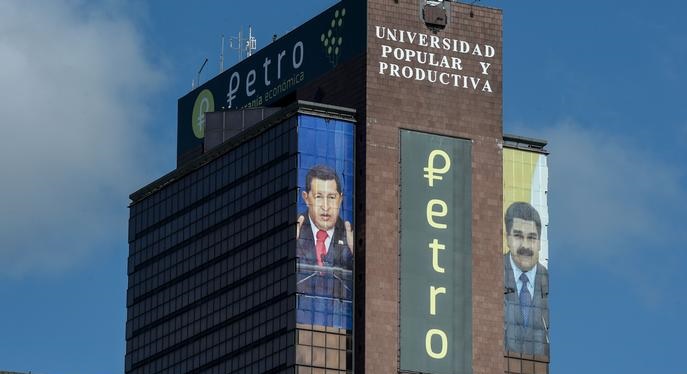

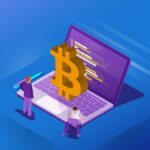



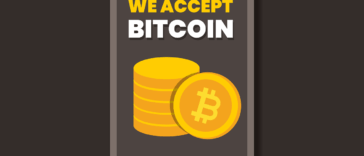



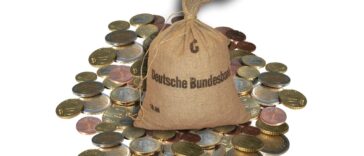



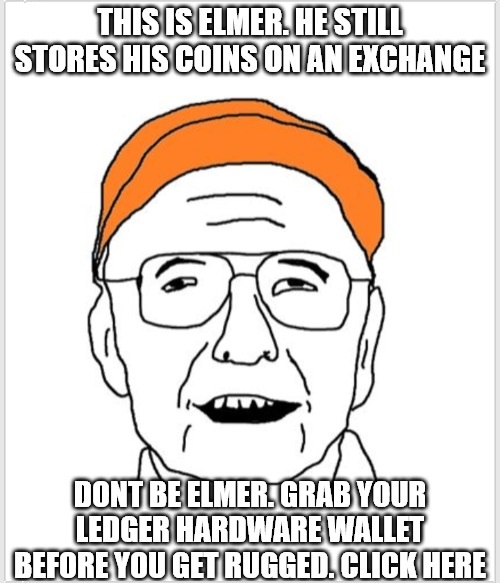
Comments
Loading…